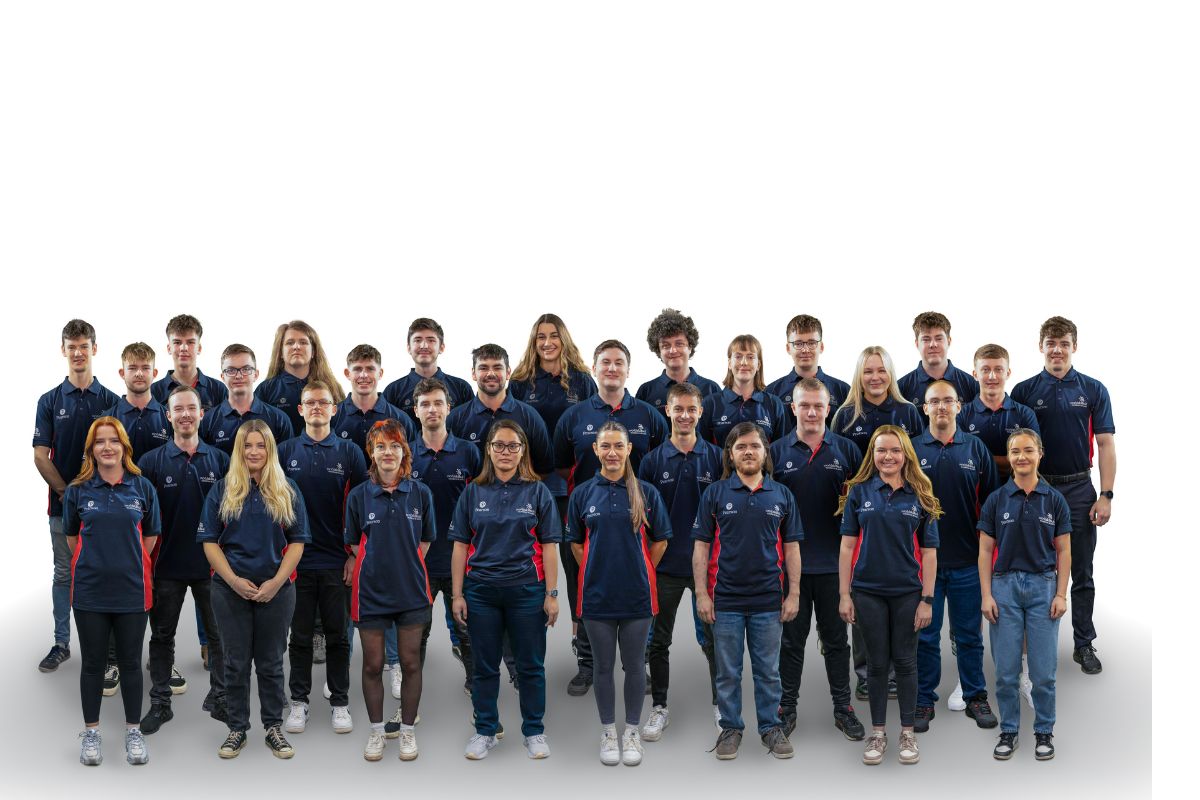New recommendations call for national government-led initiative to provide work experience for engineering students

The IET has today published recommendations calling on industry, government and academia to do more to offer engineering students practical work experience. The recommendations include developing a government-led national work experience framework, and extending the apprenticeship levy to include internships and work placements in order to help students meet the costs of work experience placements.
With 62% of engineering employers reporting that graduates don’t have the right practical skills for today’s workplace, and up to 30% of engineering students going into careers outside engineering, the IET believes work experience could play a critical role in tackling the engineering skills shortfall.
Commenting on the new recommendations, John Perkins, Chair of the IET Skills and Education Policy Panel, said: “Introducing a government-led national work experience framework would see a region or city’s major Higher Education provider building a work experience ‘supply chain’ with local businesses, as well as with local schools and further education providers. The framework could be supported by extending the existing apprenticeship levy, requiring employers to invest in internships and work placements. This would be particularly valuable for smaller companies who typically struggle with the time and cost implications of offering work experience opportunities.
“The levy could also enable employers to step up and offer accommodation as part of their work experience package, helping to address the widely reported problem that many students choose not to take on work experience placements outside of their locality because of the related costs of living, especially in London and the South East.”
To help combat the issue of costs of living during work placements and internships, the recommendations also call for more focus on creating locally driven university-employer partnerships to provide opportunities for students to gain hands-on experience of how to apply what they have learned in the workplace – as well as to get to grips with the latest technology and equipment – without having to go elsewhere in the country.
There is also a call for employers to invest more time in engaging with and offering work experience to students earlier on in their university career – in the first and second year of their courses.
The recommendations are the result of a panel discussion event held by the IET in September 2016, which was attended by over 100 representatives from universities, industry and the student community.
For more information, visit www.theiet.org











Responses